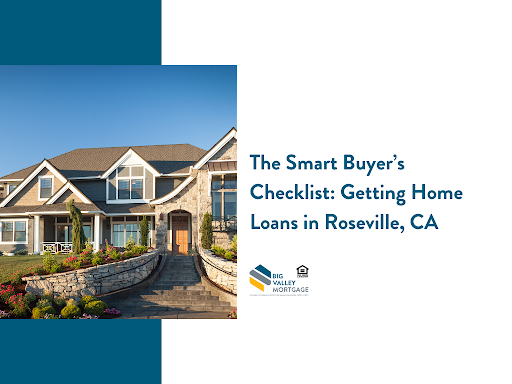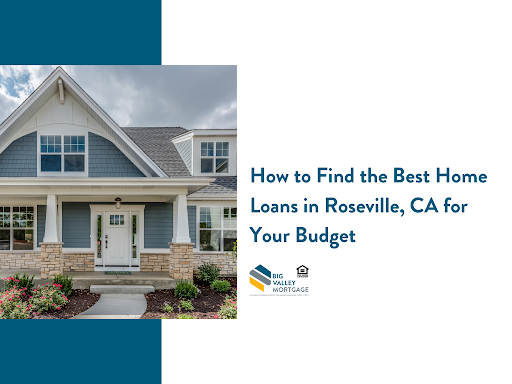Investing in real estate isn’t always a highway to instant riches. But it just might be a lucky ticket to securing a stable financial future for you and your whole family. As with any investment, you will need to be smart about it. You will need to determine the mortgage that works for you and your needs.

In this article by Advanced Asset Management, Inc., we’ll take a look at five mortgage options that you could use for investment properties.
1. FHA Mortgages
People doubt whether FHA loans are suitable for investment properties. In reality, FHA loans make for an excellent option for any investors. One of its appeals is its tolerance for lower credit scores. The borrower’s credit score needs to be 500 or higher. When compared to the conventional or VA options, it’s over 100 points lower.
You are able to buy multi-unit homes with just a 3.5% down payment. Using an FHA mortgage works with properties that range from 2 – 4 units. The other units can be rented out if the owner lives in one of the units.
And even home buyers recently experiencing bankruptcy or short sale because of losing employment or getting sick are allowed to use the FHA mortgage program. Your upfront investment will be lowered if you, for example, buy a 3-unit home and live in one of the units.
2. Investment Property Loans
It’s definitely more difficult to get an investment property loan compared to the mortgage for your house. In the short run, they’ll prove to be more expensive as well. The particular requirements for this type of loan will really depend on the mortgage lender in Roseville, CA
Most of them want very comprehensive documentation such as pay stubs and tax returns. The reason for that is the expectation that you have been working for the same employer for at least two years. This requirement doesn’t usually make things easy for freelancers or retirees.
Also, the required down payment may be at least 20%. That said, not all mortgage lenders are the same. Some of them won’t go much into the details of your life as an employee. They want to see the actual potential of the investment that you’re making. If it seems like a solid case for them, they might easily have your back.
3. Hard Money Lenders
Hard money loans are also known as bridge loans. Real estate investors often use them to finance a new project. These home loans in Roseville, CA are always issued by private lenders instead of established financial sector institutions.
In this case, your credit history isn’t important. The mortgage companies in Roseville, CA focus on the property’s value, especially the value after the development has been finalized. Compared to conventional loans, hard money loans might have much higher costs for the investor.
Also, the repayment period will be significantly shorter. On the other hand, the property itself acts as collateral and the terms are usually quite flexible because the mortgage lenders are private and not actual banks. And these home loans can be quite convenient because you could be able to get funding in less than a month.
4. HELOCs
First of all, what does HELOC exactly stand for? It’s the Home Equity Line of Credit. This solution has been compared to a credit card. You are able to withdraw an amount up to your limit regardless of the time. Money is always there. Your monthly payments depend on the variable rates and your loan balance.
Each HELOC solution has two periods. The draw period means that you can use the credit as much as you want. The payments might only cover their interests. After the first period ends, which is usually after 8 or 10 years, the repayment phase starts.
You can’t draw money any longer and must start paying back all the credit you used so far. Usually, HELOCs are seen as an alternative to hard money loans. Depending on your circumstances, the long-term costs could be a bit lower.
But there’s an important risk when using HELOCs that you must be aware of. Defaulting on the home loan means your own house will be foreclosed instead of the investment property. In most cases, people secure the line of credit with their primary residence should they not already own the investment property.
5. VA Mortgages
VA mortgages for investment properties work the same way for you as using the mortgage for your own residence. The qualification is strictly based on your credit score and income. One of the best benefits of using a VA mortgage is there is no down payment.
Provided they meet all other requirements from the VA, the VA loan can be used to purchase multifamily properties with up to four units. These homes are typically separated units with each functioning as a separate apartment. The veteran owner has to occupy one of the properties to qualify for the loan.
Also, you are able to use rental income in order to cover the mortgage payments. That said, getting credit for the rental income means additional verification procedures.
Part of the requirement is that you need to have cash reserves for at least six months of mortgage payments. Additionally, you’ll be required to have documentation proving you have experience in rental property management and maintenance.
Knowing all these options available, the question now is what then is the most advantageous mortgage for your investment properties? It depends on your circumstances. FHA loans and VA mortgages are great alternatives to a conventional mortgage.
Investment property loans may be more difficult to get but might work well for some investors. Hard money loans prove to be irreplaceable for people that don’t have the best credit score while these home loans do come with heftier costs.
HELOCs, simply put, are similar to credit cards. You’ll get a steady line of credit, but the risk lies in securing the money with your primary residence. Please consult with a qualified financial adviser before making any final decisions about which option you think will work for you.
*The views, articles, postings, and information listed at this website are personal and do not necessarily represent the opinion or the position of Big Valley Mortgage.*












